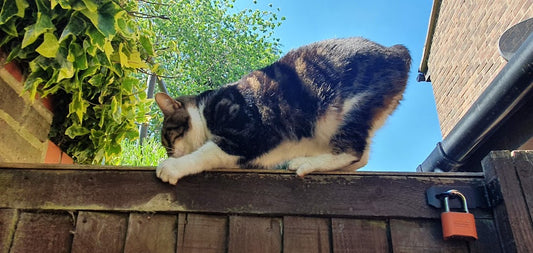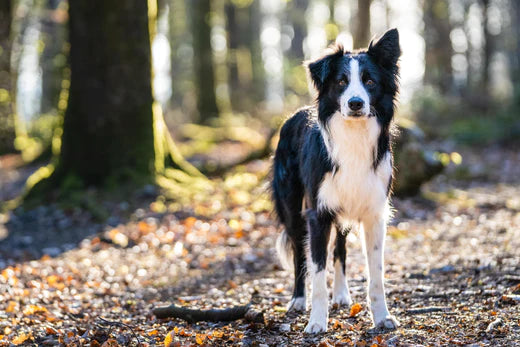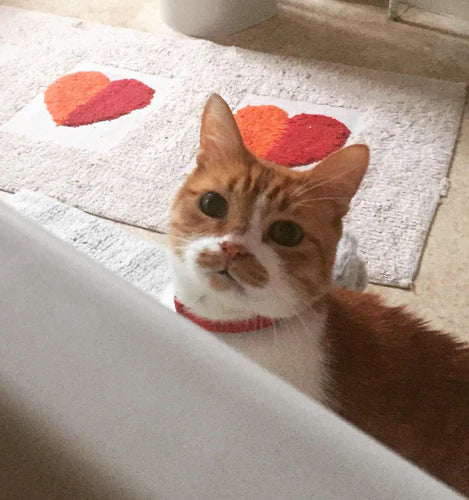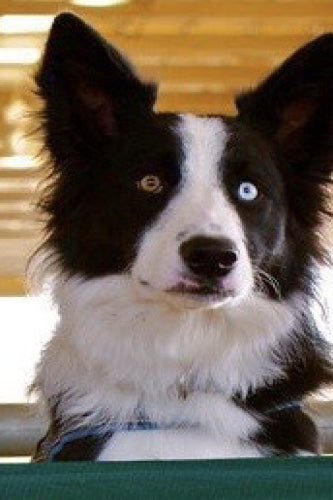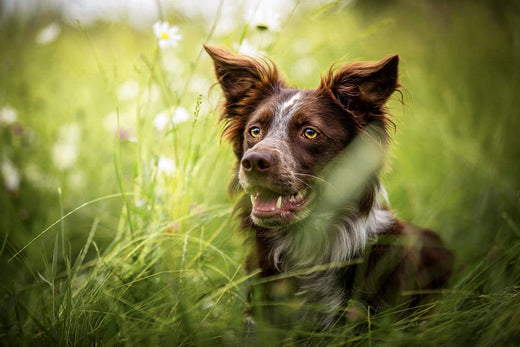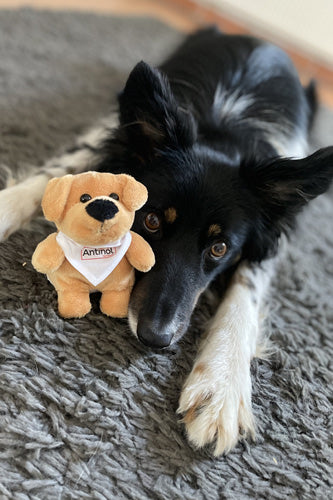This January, we’re focusing on helping our furry friends reach and maintain a healthy weight, in light of National Pet Weight Awareness Month. Most of us can do with a reset at this time of year.
After the dark, busy days of December, and all that rich food and drink (with extra treats for our darling dogs and cats), we are ready for the fresher flavours and longer days of spring. While some like to go cold turkey (sorry!) with Dry or Vegan January, we prefer to ease into the new season gently, with balanced nutritious meals, bracing walks in the fresh air and plenty of sleep.
How overweight are our pets?
Estimates vary, but a 2022 survey of vets suggested that 50 per cent of UK dogs and 40 per cent of UK cats are overweight, and an earlier study put the number of overweight dogs at 65 per cent! More worrying still, many owners are unaware that their pet needs to slim down, with 82 per cent of dog owners and 78 per cent of cat owners believing their pet is an ideal weight. So the first step has to be making a realistic assessment of your pet’s weight and health status: join the PDSA's Weight Up campaign, and start by making an appointment at the vet. In the meantime, you can do a quick body check on your dog or cat: you should be able to feel their ribs through their fur quite easily, and they should have a definite waist (of course this can vary by breed!).
How has this happened?
We often think our pets know best when it comes to diet and exercise. After all, they’re forces of nature and they seem absolutely certain that they want to eat, or play, or sleep RIGHT NOW! But this is misleading. Obesity in pets exploded during the pandemic when owners were at home all day, answering those beguiling puppy eyes and plaintive meows with extra treats and more indulgent meals. According to one expert: ‘A wild animal’s food consumption is determined as much by the availability of food as it is by appetite.’ So in this world that is, for many of us, unprecedentedly privileged - with plentiful high-quality food, shelter and leisure - it is our responsibility to put safe limits in place.

Why does it matter?
Being overweight, in pets like humans, can have serious health consequences:
- Additional weight puts strain on joints and ligaments, making stiffness and even arthritis much more likely.
- Fat cells can cause problems throughout the body because they tend to be pro-inflammatory. This is one of the ways in which being seriously overweight or obese contributes to chronic and life-limiting health problems in animals (and humans) such as diabetes, cancer and heart disease.
- Cats use their whiskers to sense where they are in space and this superpower contributes to their special gracefulness. But their whiskers don’t increase in length to match their growing waistline, so this vital mechanism can become useless (or worse, misleading).
- Overweight animals tend to move less and eat more, creating a negative feedback loop that puts the dog or cat at risk of becoming obese.
Get back to healthy
- Most adult dogs and cats need two meals a day, but intermittent fasting is all the rage for humans and it’s fine (even beneficial) for your pet to miss the occasional meal. This does not apply to young growing animals, pregnant or lactating animals or seniors.
- Check the label! Ultra-processed foods are bad for humans and bad for animals too. Invest in quality feed or real meat, and make sure you’re offering the correct amount of food for your dog or cat. If your vet advises it, there are plenty of low-calorie options on the market.
- Prioritise exercise: make sure your dog is having plenty of walks in the fresh air [link to previous blog] or encourage your cat to play indoors and outdoors.

- Always provide plenty of fresh clean water for your pet, both day and night.
- Keep regular vet appointments so you can check your pet’s progress and make sure you’re on the right track.
- Offer healthy supplements to make sure your pet is getting plenty of nutrients even when you need to limit feeding.
- Don’t rush it! If you’ve been accidentally overfeeding your pet, reduce portions or switch foods gradually and build up to higher levels of activity (such as longer walks) slowly.
Remember
- Some breeds are more susceptible than others to gaining weight, and some individual pets are more motivated by food than others - particularly at stressful times, such as during a house move. Be sensitive and try to respond to your furry friend’s specific needs.
- If your kitty is obsessing over the food cupboard after breakfast, find a toy to distract him! If your puppy is only focused on the treats in your pocket, help her find interest in a squeaky toy or tennis ball!
- Find other ways to show love. While tasty treats are an instant fix, build your bond by being consistent with your attention and spending time grooming, playing and resting together.

